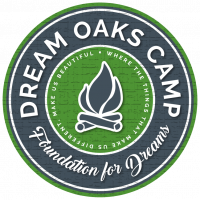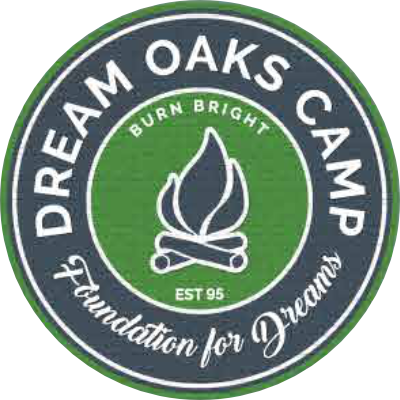
When did it begin?
1987, President Ronald Reagan made a public proclamation that the month of March should be recognized as Developmental Disabilities Awareness Month to “increase public awareness of the needs and potential of Americans with developmental disabilities.”
I am a nurse by trade and I was working in school health. After a divorce, I was searching for a summer job to supplement my income, when Dream Oaks Camp and I found each other. It was the very first summer of 2013 when I discovered a passion I never knew I had. I was blessed to have something so great come out of something so bad.
Why is DDAM important?
It is a time to educate our community that developmental disabilities are not always evident. For example, some disabilities are visible (a person who uses a wheelchair or crutches to ambulate), while other disabilities may not be easily recognized or seen by the eye (cognitive challenges that affect the way a person speaks, learns, or interacts with others).
What does DDAM mean to Dream Oaks Camp?
At Dream Oaks Camp, we aim to raise awareness in our community about developmental disabilities year-round. Developmental Disabilities Awareness Month is an opportunity for us to raise awareness of kiddos with developmental disabilities and educate our community about our organization as an asset for them and their caretakers. A campaign goal of DDAM is to raise awareness about the inclusion of people with developmental disabilities in all areas of community life, as well as awareness to the barriers that people with disabilities still sometimes face in connecting to the communities in which they live. That goal resonates with our efforts to promote inclusion and break barriers for campers.
Dream Oaks Camp provides a supportive environment where children can be recognized as individuals, not by their disabilities. And each day we look to the future, seeking to make communities more inclusive, accessible and full of opportunity for everyone who calls them home. DDAM supports our vision that all individuals with special needs have every opportunity to learn and grow, leading to more productive behaviors, meaningful relationships, and a more comprehensive profound skill set.
How does Dream Oaks Camp celebrate this month?
We celebrate this month by continuing the work we do each day to create an unforgettable adaptive camp experience that gives children with developmental disabilities a place where they can feel independent and empowered. Many times, a child with special needs is told that certain experiences are “impossible.” They’ll “never have” a place like that, fun like that or friends like that. Dream Oaks Camp is a place where everyone CAN.
Our campers ride horses, go canoeing, make arts and crafts and most of all have fun! At Dream Oaks Camp, we celebrate the abilities and develop the strengths of children with special needs and chronic illnesses by collaborating with families to provide individualized result-based goals and family support. Throughout March, we will be reaching out to local media and posting on our social media accounts (make sure to follow us!) to promote Developmental Disabilities Month in our community.
How can you help?
- Treat all people as equals.
- Raise awareness – tell a friend about Dream Oaks Camp!
- Refrain from making assumptions about anyone’s abilities or feeling
- Join the Dream Oaks Camp team and make a difference in the lives of others. Click here to apply today. (volunteer & paid positions available)
- Correct your peers when they make assumptions or treat someone poorly.
- Consider making a donation or becoming a corporate sponsor to support our mission. Click here to see the impact of donations from last year alone.
- Don’t shy away from hiring someone with a developmental disability.
Developmental Disabilities Statistics
- 1 in 4 U.S. adults – 61 million Americans – have a disability that impacts major life activities, according to a report in CDC’s Morbidity and Mortality Weekly Report.
- 1 in 6 children,-4.6 million Americans – have one or more developmental disabilities, according to the CDC.
- Approximately 1-3 percent of the world population has an intellectual/ developmental disability — as many as 200 million people.
- In the United States, the President’s Committee for People with Intellectual Disabilities says that nearly 30 million families in the United States are directly connected to a person with a developmental disability.
- Approximately 6.5 million people in the United States have an intellectual disability.

